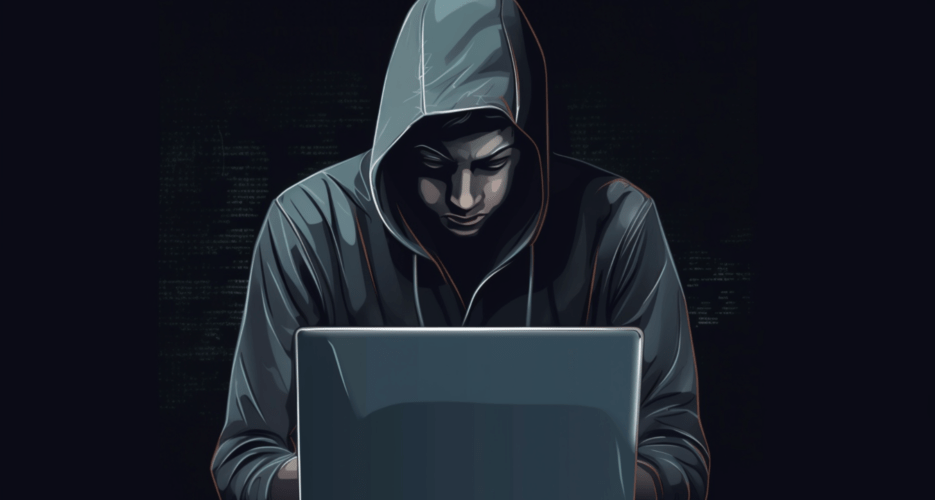As Korean authorities balance public safety and online freedom, anonymity and easily bypassed laws lead to challenges
Despite South Korea’s reputation as an exceptionally safe country, a recent spate of violent incidents has deeply unsettled Korean society, drawing attention to the influence of online communities in the country and their potential role in facilitating or inspiring these acts of violence.
A 33-year-old unemployed man brandished a knife and launched unprovoked attacks on unsuspecting bystanders near Sillim Subway Station in southwestern Seoul on July 21. The suspect had no known ties to any of his victims. Such random acts of violence, in which assailants seemingly select victims without any apparent motive, are referred to in Korea as “don't ask murders.”
Despite South Korea’s reputation as an exceptionally safe country, a recent spate of violent incidents has deeply unsettled Korean society, drawing attention to the influence of online communities in the country and their potential role in facilitating or inspiring these acts of violence.
A 33-year-old unemployed man brandished a knife and launched unprovoked attacks on unsuspecting bystanders near Sillim Subway Station in southwestern Seoul on July 21. The suspect had no known ties to any of his victims. Such random acts of violence, in which assailants seemingly select victims without any apparent motive, are referred to in Korea as “don't ask murders.”
Get 30 days
of free access to
KoreaPro
Full access to all analysis
The KOREA PRO newsletter, every business day
Daily analysis on the top story of the day
The ability to suggest topics for coverage by our specialist team
Be smart about South Korea
Get full access to expert analysis and opinion.
Start now
No charges during your trial. Cancel anytime. A paid subscription will start after 30 days.
© Korea Risk Group. All rights reserved.
No part of this content may be reproduced, distributed, or used for
commercial purposes without prior written permission from Korea Risk
Group.












